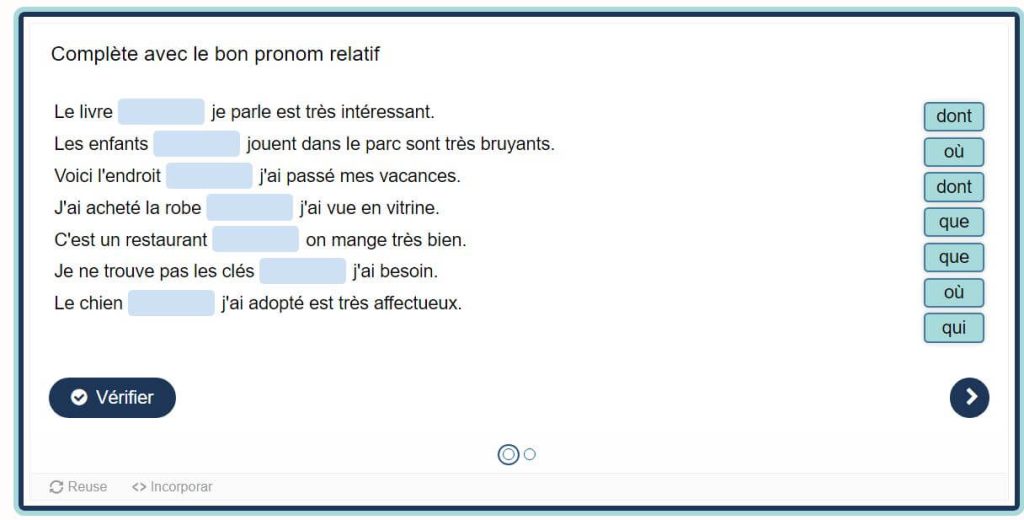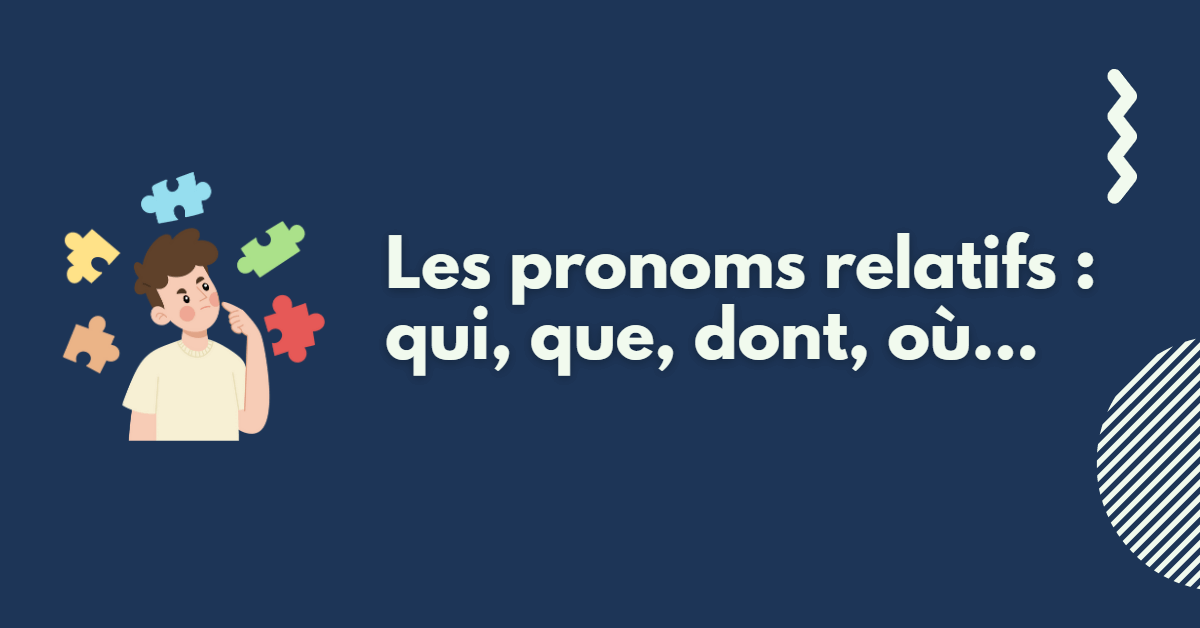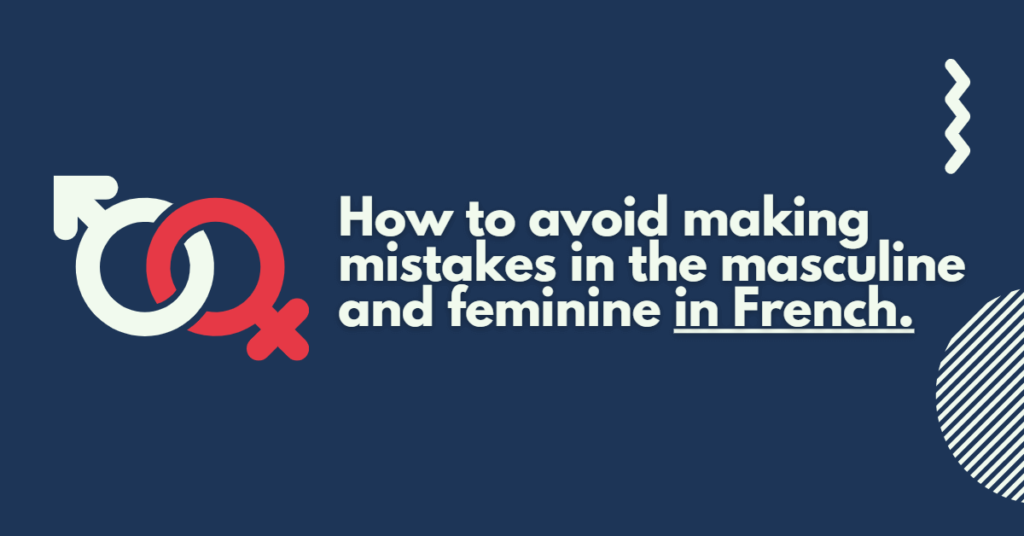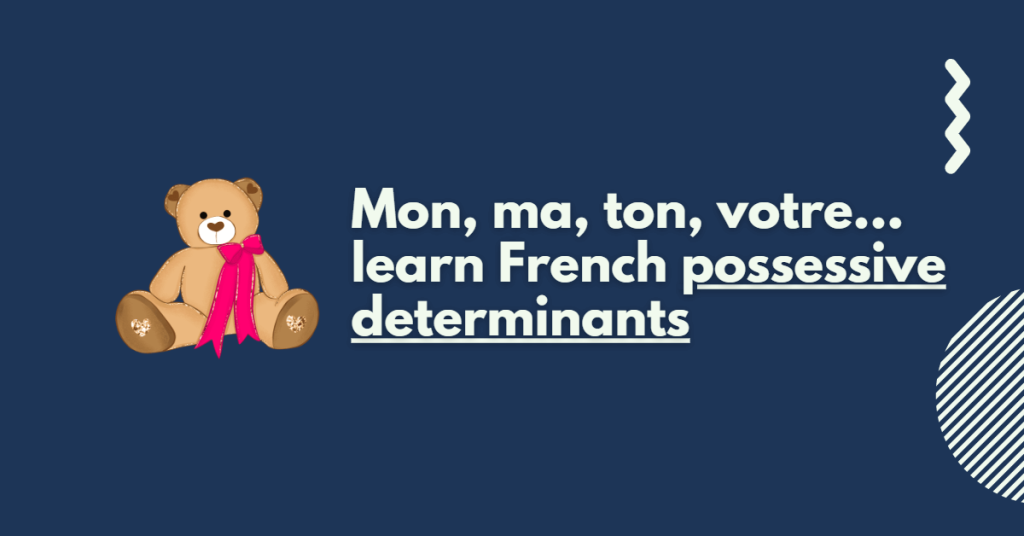Relative pronouns are essential for connecting sentences and avoiding repetition. The relative pronouns “qui,” “que,” “dont,” and “où” are used primarily to establish a relationship of dependence between different parts of a sentence.
Understanding how and when to use these pronouns is key to improving the fluency of your written and spoken expression. Ready to dive into the world of relative pronouns? Let’s explore together these little words that play an important role in the construction of speech in French.
Avant de commencer, teste ton niveau :
Register for free to do the exercises and access +1000 exercises and videos in French.
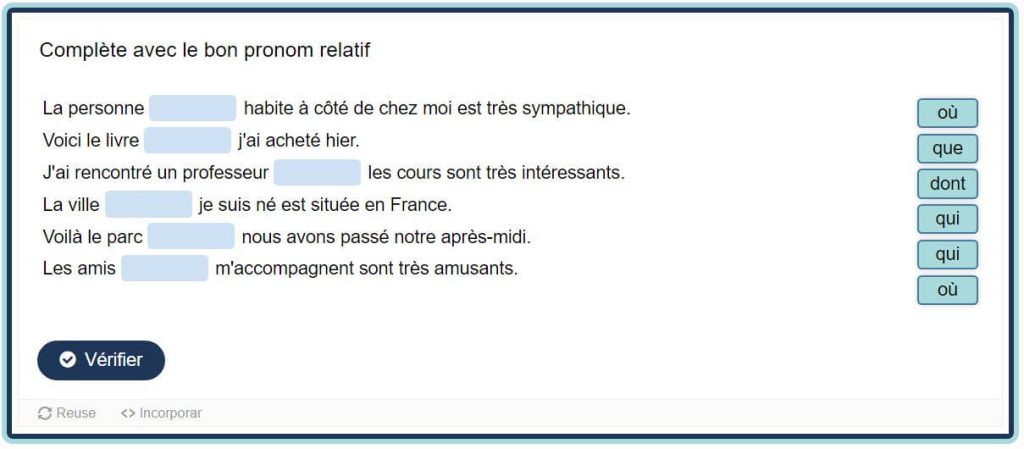
Le pronom relatif “qui” in French
“Qui” refers to people, animals, or things. Replaces the subject.
Be careful with that last point, the most important one: “Replaces the subject”. In other words, you avoid repeating the subject and use qui instead, as in the sentence: Le chien qui marche dans la rue est dangereux. (The dog walking in the street is dangerous).
J’ai acheté un téléphone. Ce téléphone a un grand écran.
→ J’ai acheté un téléphone qui a un grand écran.
Le pronom relatif “que” in French
“Que” (or qu’): this relative pronoun replaces the direct object in a sentence. It refers to a person or thing that is subject to the action of the verb. For example: “J’ai acheté le livre que tu m’as recommandé.” (Tu m’as recommandé le livre, je l’ai acheté.)
The common mistake is to confuse que with qui. So let’s take two minutes to look at the function of COD.
Retrouver le COD
Le COD (complément d’objet direct)
An object complement always completes a verb, it determines the action of the verb. This action is done on an animate being (person, animal) or on an inanimate being (object, thing).
The direct object complement is a word or (group of words) that joins the verb WITHOUT THE USE OF PREPOSITION to complete its meaning.
Le complément d’objet direct ou COD = l’objet de l’action.
A simple technique to find it is to ask the questions “WHAT?” (QUOI ?) or “WHO? (QUI ?)
- Hier nous avons regardé le film. > Regarder quoi ? > Le film = COD
- Je me suis brossée les dents. > Brosser quoi ? > Les dents = COD
- J’aime ton frère > J’aime qui ? > Ton frère = COD
In these sentences, I can introduce QUE as follows:
- Le film que nous avons regardé hier….
- Les dents que je me suis brossées hier…
- Ton frère que j’aime…
Le pronom relatif “dont” in French
“Dont”: this relative pronoun is used to replace an idea of possession or belonging in a sentence. It is usually accompanied by the preposition “de”. Par exemple : “Voici le livre dont je t’ai parlé.” (Je t’ai parlé du livre, le voici.)
In the group of relative pronouns in French, Dont causes a bit of confusion.
Look at: “L’enfant dont ils parlent á la télé est parti dans la forêt”
Verbe = Parler
Parler de quoi? Parler de qui? (talk about what, who?)
D’autres exemples :
- J’ai lu le livre dont tu m’as parlé. (Le pronom relatif “dont” remplace le complément “de” dans la phrase “tu m’as parlé du livre”.)
- Voici la maison dont j’ai hérité. (Le pronom relatif “dont” remplace le complément “de” dans la phrase “j’ai hérité de la maison”.)
- C’est l’entreprise dont il est le directeur. (Le pronom relatif “dont” remplace le complément “de” dans la phrase “il est le directeur de l’entreprise”.)
Le pronom relatif “où” in French
The relative pronoun “où” is certainly the easiest to understand! It is used to indicate a place or time in a sentence. It refers to a specific place or time. For example, “Je me souviens du parc où nous avons joué.” (Nous avons joué dans ce parc, je m’en souviens.)
Caution:
Jeanne habite une ville … n’est pas loin de Lille”. (Jeanne prays in a city that is not far from Lille)
We cannot generalize on this matter, since the use of “OÙ” is not always appropriate when referring to a place in the first word. It is necessary to consider the specific context.
“La ville … Jeanne habite, n’est pas loin de Lille / La ville OÙ Jeanne habite, n’est pas loin de Lille” (the city where Jeanne lives is not
Now yes, the city is fully highlighted as a place to cross the bridge and make the connection between the sentences. Do you understand that these are different issues? From the moment you change the sentence, you need to use grammar differently.
D’autres exemples :
- Lieu : Le pronom relatif “où” est utilisé pour introduire une proposition relative qui décrit un lieu. Il remplace le nom du lieu dans la proposition relative. Par exemple :
- La ville où j’habite est très animée. (La ville dans laquelle j’habite est très animée.)
- Voici le parc où nous nous sommes rencontrés. (Voici le parc dans lequel nous nous sommes rencontrés.)
- Moment : Le pronom relatif “où” peut également être utilisé pour introduire une proposition relative qui décrit un moment spécifique. Il remplace alors un adverbe de temps. Par exemple :
- Le jour où je suis né était ensoleillé. (Le jour auquel je suis né était ensoleillé.)
- C’était l’année où j’ai obtenu mon diplôme. (C’était l’année durant laquelle j’ai obtenu mon diplôme.)
In conclusion, relative pronouns in French such as “qui”, “que”, “dont”, “où” play an essential role in sentence construction. They facilitate the expression of subordination and provide greater accuracy and fluidity in speech. A good command of these pronouns is therefore essential if you want to improve the clarity and coherence of your French.
Now do the exercises to see if you understand correctly:
Register for free to do the exercises and access +1000 exercises and videos in French.
